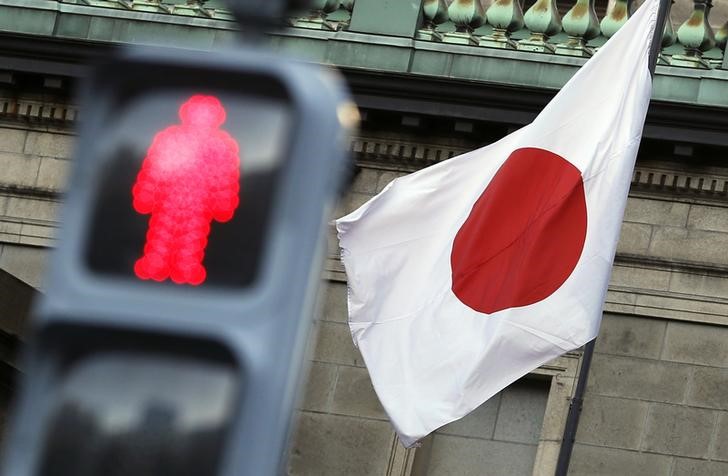(Bloomberg Opinion) -- The world's third-largest economy has suffered from a caricature. Yes, Japan fell from its pinnacle in the 1990s because of a property crash, enfeebled banks and a dwindling population. But that was then. It's not falling anymore.
When Japan's economy was stumbling, China became the darling of the commentariat, investors and multinational companies developing supply chains. The mood toward China, however, has soured. Now the international impression of Japan needs to change as well.
Far from fizzling, Japan may be on the cusp of a boom, according to a comprehensive report by Morgan Stanley (NYSE:MS). Deflation has been stymied, immigration is slowly but surely increasing, and that 2.5 percent jobless rate is driving a surge in capital spending. A lot of that is likely to be on artificial intelligence and robotics.
Capital expenditure growth among large firms will average about 7 percent a year through 2020, Morgan Stanley estimates, up from 5 percent last year. Outlays like this are essential as the labor pool dries up. That became abundantly clear to me on a trip to Japan's Rust Belt in 2016. Employers gushed about robots and bemoaned the shrinking pool of skilled humanoids.
Nestled in last week's revisions to second-quarter gross domestic product was a jump in private investment: a climb of 3.1 percent, compared with an originally reported 1.3 percent. That was the seventh consecutive increase, a stretch unseen since the bubble era of the 1980s. That period didn't end well, and plenty could still go wrong this time.
But give Japan its due. It's a very different place from two decades ago, when observers abandoned it for China and all those business-book paeans to the Japanese way of business were replaced by hagiographies of the Middle Kingdom.
Japan has had its share of false dawns since then. The central bank has tried to crank inflation up to 2 percent and years of aggressive easing have got it barely halfway. Looked at another way, at least we are talking about too-low inflation, rather than deflation. An increase in Japan's consumption tax, penciled in for next year, could provoke a recession. Japan could also be collateral damage in the trade war between the U.S. and China. Japanese auto executives also fret about President Donald Trump's threats to impose tariffs on imported vehicles.
None of that ought to detract from the essential idea that it's time to pay attention to Japan. Its long-term prospects are far stronger than conventional wisdom implies.
